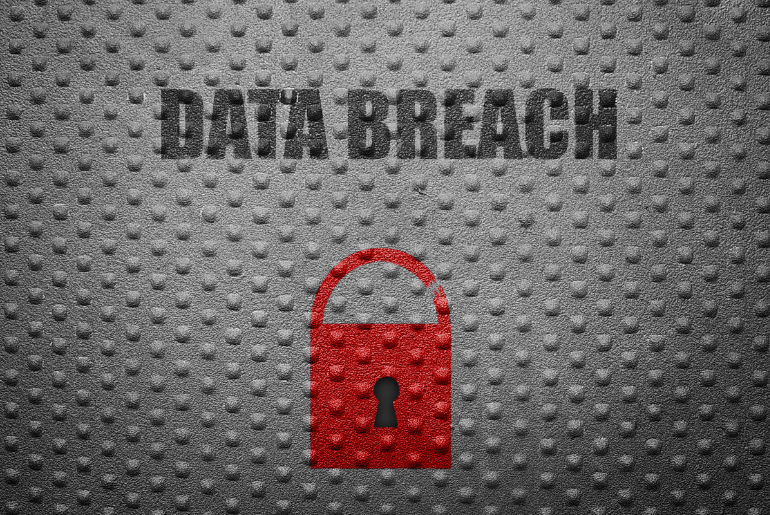
Protecting Small Businesses from Data Breach: A Beginner’s Guide
In today’s digital age, small businesses are more vulnerable to fraud and data breaches than ever before. The consequences of these incidents can be devastating, including financial losses, damage to reputation, and legal action. Therefore, it’s crucial for small businesses to take proactive measures to safeguard their data and prepare for the worst-case scenario. In this article, we will explore various strategies and best practices that small businesses can adopt to protect themselves from damaging cyber threats like data breaches.
Change Employee Passwords Regularly
One of the easiest ways for cybercriminals to gain access to your business’s sensitive information is through compromised employee passwords. Ensure that all employees are trained to use strong and unique passwords that are regularly changed. Passwords should be at least eight characters long and include a mix of uppercase and lowercase letters, numbers, and symbols.
Invest In an Online Backup System
In order to avoid potentially catastrophic consequences following a data breach, it is crucial to establish a secure online backup system. This involves backing up all important files and data and ensuring that they are encrypted to prevent unauthorized access. Fortunately, there are various cloud storage options available that offer additional security measures such as multi-factor authentication and encryption to safeguard against cyber attacks.
Use Password-Protected PDFs
If you routinely share sensitive documents such as contracts, invoices, and financial statements, consider using password-protected PDFs. This feature restricts access to only those who have the correct password, reducing the risk of unauthorized access. Also, you can reduce a PDF file size with an online compression tool. Smaller files are easier to manage and less likely to be the target of a data breach.
Keep Firewalls Up-to-date
Firewalls play a crucial role in safeguarding against cyberattacks by preventing unauthorized access to networks and blocking harmful programs. It is important to keep your firewall system up-to-date and properly configured to ensure maximum protection against malicious attacks. With an effective firewall in place, you can significantly improve your network security and reduce the risk of cyber threats.
Training Your Staff
Protecting small businesses from data breach is crucial. To do this, you can educate your employees about the risks of cyberattacks and fraud and how to prevent them. You can conduct regular training sessions, provide resources such as articles, videos, and infographics, and encourage employees to report any suspicious activity immediately. Make sure everyone is aware of the implications of a data breach and the importance of vigilance when it comes to cybersecurity.
Use Multi-Factor Authentication
Multi-factor authentication adds an extra layer of security to your business’s online accounts. It requires two or more forms of identification to access an account, such as a password and a fingerprint or an SMS code. This additional layer of security makes it more challenging for cybercriminals to gain unauthorized access to your information.
Establish a Comprehensive Cybersecurity Policy
Finally, ensure that your business has an up-to-date cybersecurity policy that outlines best practices, expectations, and consequences for non-compliance. This policy should cover all aspects of cybersecurity, including password management, network security, and incident reporting. It should be reviewed regularly and updated as necessary to reflect changes in technology and best practices.
Recovering from a Data Breach or Fraud Incident
In the event of a data breach or fraud incident, here are some steps you can take to mitigate the damage and recover quickly:
- Immediately disconnect affected devices from the internet.
- Contact your IT team or cybersecurity provider to assess the scope of the breach and contain the incident.
- Report the breach to any relevant authorities, such as local law enforcement, credit bureaus, or government agencies (depending on the nature of the breach).
- Notify all affected parties promptly and provide them with instructions on how to protect themselves.
- Conduct a thorough investigation to determine how the breach occurred and address any vulnerabilities.
- Review and update your cybersecurity policy and protocols to ensure a similar incident doesn’t occur in the future.
Small business owners must prioritize the prevention of fraud and data breaches and have a plan in place for quick recovery in the event of an incident. By following guidelines like establishing a cybersecurity policy, training employees, and using password-protected PDFs, your business can minimize the risk of attacks and protect sensitive information and assets. This approach not only protects the business but also creates a sense of trust and security for customers and clients.
